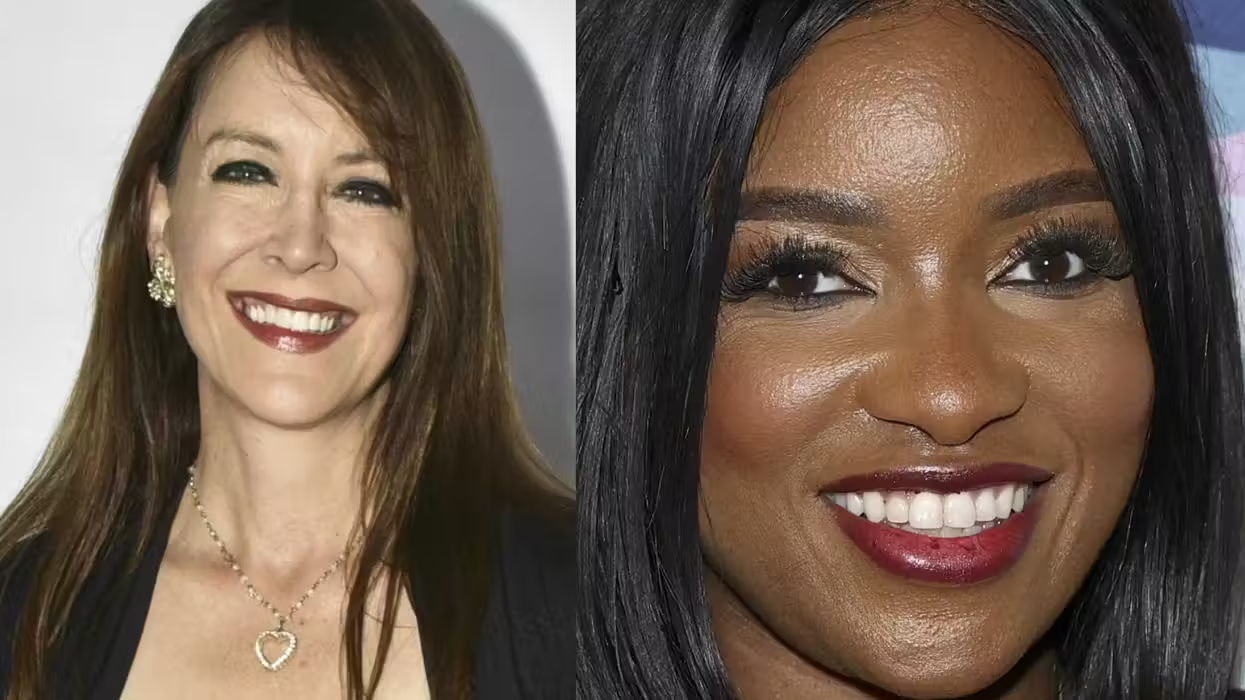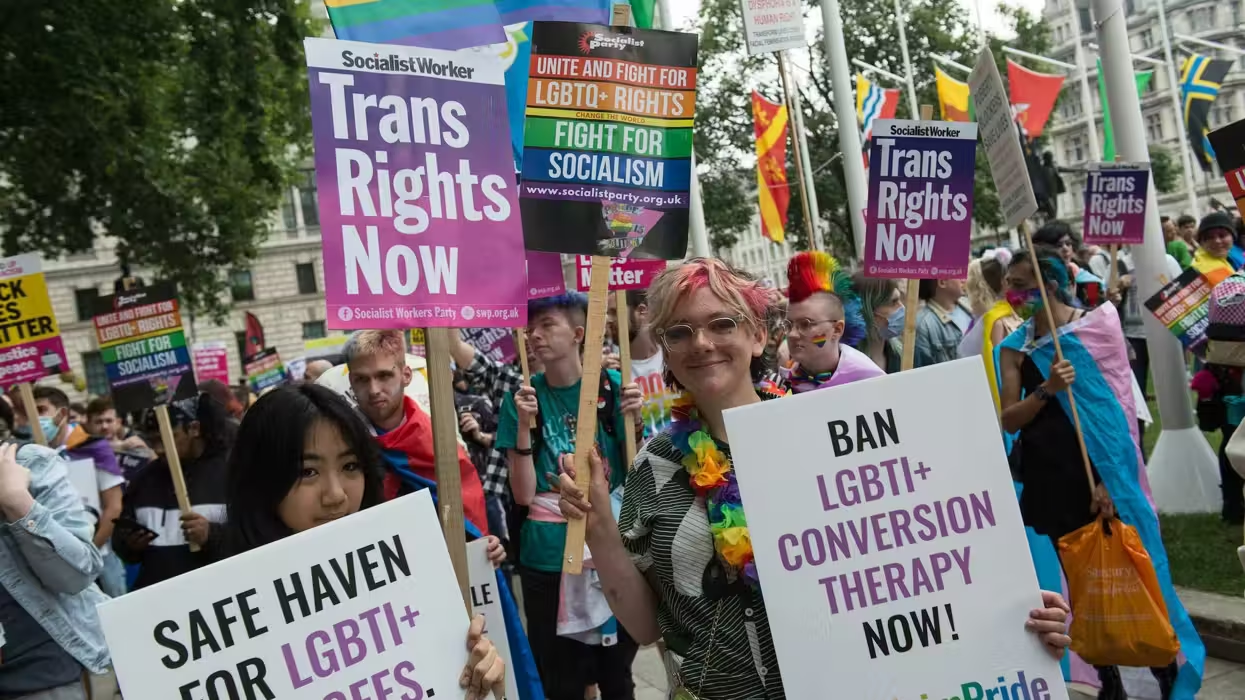In 1993, first lady Hillary Clinton told a Senate committee why an individual mandate to buy health insurance would be the wrong way to reform health care.
 Former Secretary of State Hillary Clinton delivers the keynote address to the United Methodist Women's Assembly at the Kentucky International Convention Center, Saturday, April 26, 2014, in Louisville, Ky. (AP Photo/Timothy D. Easley)
Former Secretary of State Hillary Clinton delivers the keynote address to the United Methodist Women's Assembly at the Kentucky International Convention Center, Saturday, April 26, 2014, in Louisville, Ky. (AP Photo/Timothy D. Easley)
Leading the charge for her husband’s push for health care reform, Clinton said: “We worry that the numbers of people who currently are insured through their employment will decrease because there will no longer be any reason for many employers.”
Today, Clinton – who supports Obamacare -- is heavily favored to be the 2016 Democratic presidential nominee, and one potential Republican rival – Louisiana Gov. Bobby Jindal doesn’t want either Clinton or the public to forget that assertion.
“Back then, both Hillary and President Bill Clinton believed that placing responsibility primarily on individuals, as opposed to employers, to obtain coverage could cause employers to drop their existing plans,” Jindal wrote in an op-ed for Politico.
“The Clintons were onto something at the time, but the health policies they and their party have since advocated have not only failed to solve our nation’s health care problems—in some cases, they’ve made them worse,” Jindal added. “Read two decades later, Clinton’s 1993 congressional testimony reinforces both what has changed and what has not.”
He went on to highlight other Clinton warnings that actually came to happen under Obamacare: "'If we subsidize individuals below a certain income level,' she noted in her testimony before Congress, 'there would be pressure on employers to keep wages below the subsidy level so that they [health insurance premiums] would continue to be paid for by the government.'"
"That sounds a lot like what the Congressional Budget Office concluded in February: that Obamacare will reduce the labor force by the equivalent of 2.3 million workers, because employers will not raise wages and individuals will choose not to work in order to retain access to government insurance subsidies," Jindal wrote.
The Clinton 1993 health care reform proposal failed in a Democratic-controlled Congress.
As a candidate for president in the 2008 Democratic primary, Clinton actually argued in favor of an individual mandate, while interestingly enough, Barack Obama argued against such a mandate.
Speaking to the House Ways and Means Committee that year, Clinton also explained why reform was needed.
“We have 70 percent specialists, 30 percent primary care physicians,” the first lady said. “We need to move toward 50-50.”
Jindal’s o-ped pointed out: “Today, more than two-thirds of practicing physicians remain specialists, and a June 2013 study found that only one-quarter of new doctors go into primary care. The Department of Health and Human Services predicts a shortage of 20,400 primary care physicians by 2020, while outside estimates are more than double that figure.”
Hoping to deliver a one-two punch, Jindal blamed the problems in health care on failed big government fixes from both the Clinton and Obama administrations. He didn’t mention the Bush administration in between that created the Medicare prescription drug program.
“The CBO has found that variations in Medicare spending actually increased during the Clinton years. And in fact, an Institute of Medicine report released in June found that high-spending regions in 1992 remained high-spending regions in 2010,” Jindal wrote. “What does it say about the Clinton administration—and, so far, the Obama administration too—that for two decades liberal policymakers have utterly failed to ‘fix’ one of the supposed rationales for proposing Hillarycare in the first place?”
The “better way” would be his health care solution he proposed, Jindal wrote.
“The America Next health plan I unveiled last month empowers both states and individuals, not federal bureaucrats, giving states new incentives to reform their insurance markets and health systems and providing more insurance options for individuals,” Jindal wrote. “And it focuses on reducing health costs—the CBO concluded that a proposal similar to the America Next plan would reduce individual health insurance premiums by thousands of dollars per family.”

 Former Secretary of State Hillary Clinton delivers the keynote address to the United Methodist Women's Assembly at the Kentucky International Convention Center, Saturday, April 26, 2014, in Louisville, Ky. (AP Photo/Timothy D. Easley)
Former Secretary of State Hillary Clinton delivers the keynote address to the United Methodist Women's Assembly at the Kentucky International Convention Center, Saturday, April 26, 2014, in Louisville, Ky. (AP Photo/Timothy D. Easley)





